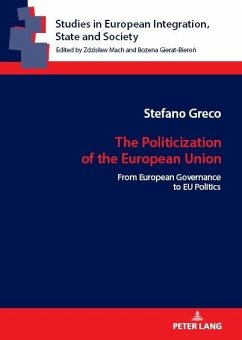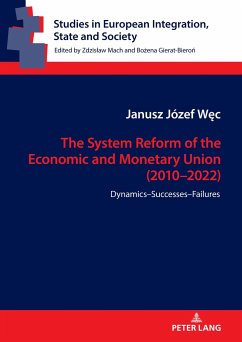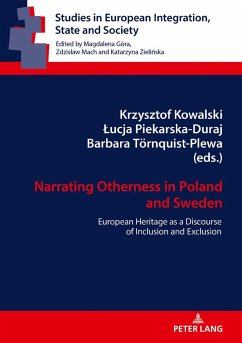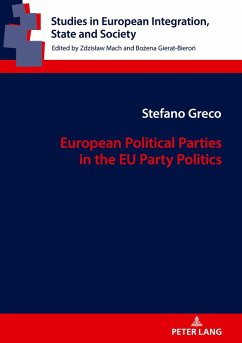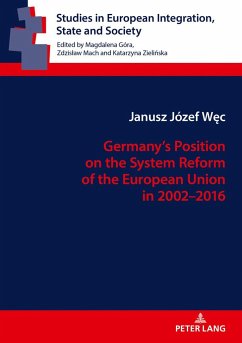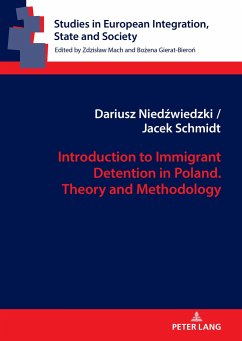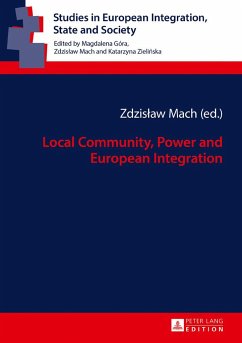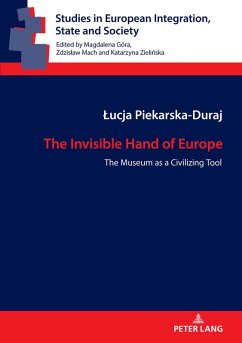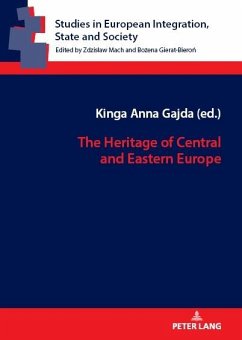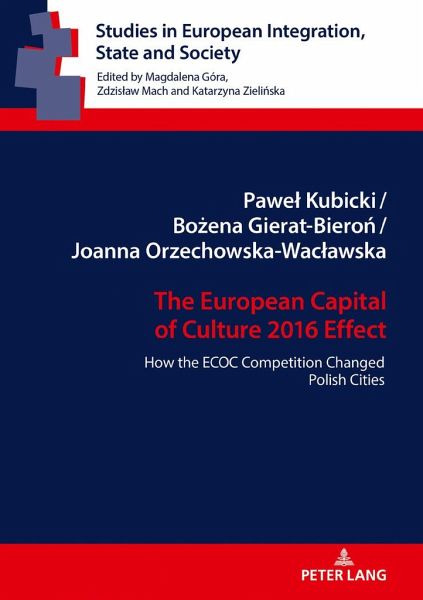
The European Capital of Culture 2016 Effect
How the ECOC Competition Changed Polish Cities
Herausgegeben: Mach, Zdzislaw
Versandkostenfrei!
Versandfertig in 6-10 Tagen
60,50 €
inkl. MwSt.

PAYBACK Punkte
0 °P sammeln!
The European Capital of Culture is one of the European Union's most important cultural programmes, its significance transcending a narrow understanding of the cultural sphere. The scheme has been one of the foremost mechanisms contributing to the urban revival of European cities and increasingly close integration in many areas of social and cultural activity. The ECOC 2016 competition (2007-2011), entered by 11 Polish cities, took place in an exceptionally favourable context. The ECOC 2016 competition in Poland served as an impetus for many changes to take place in the participant cities. Thes...
The European Capital of Culture is one of the European Union's most important cultural programmes, its significance transcending a narrow understanding of the cultural sphere. The scheme has been one of the foremost mechanisms contributing to the urban revival of European cities and increasingly close integration in many areas of social and cultural activity. The ECOC 2016 competition (2007-2011), entered by 11 Polish cities, took place in an exceptionally favourable context. The ECOC 2016 competition in Poland served as an impetus for many changes to take place in the participant cities. These particularly applied to the sociocultural sphere, encompassing such issues as a city's identity and social capital. Consequently, it became possible to create new urban narratives which also contributed to changes regarding the cities' images. In some cases, this could even be described as a real revolution which was able to take place as a result of unprecedented social mobilisation.





